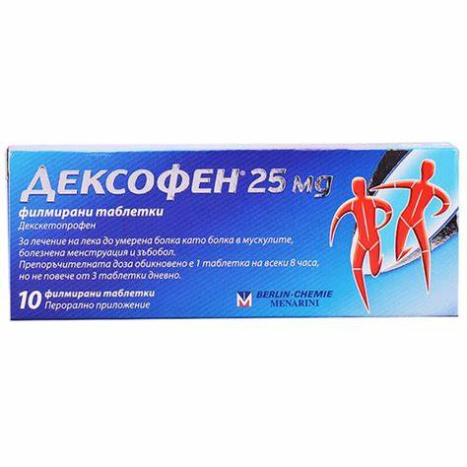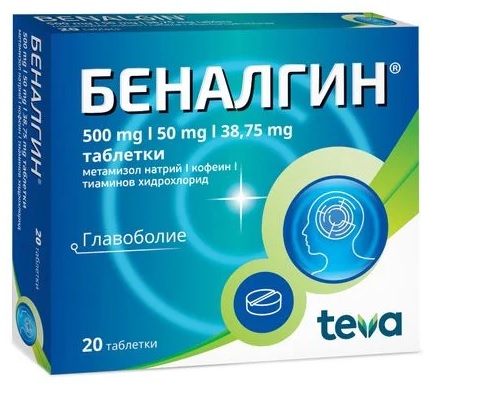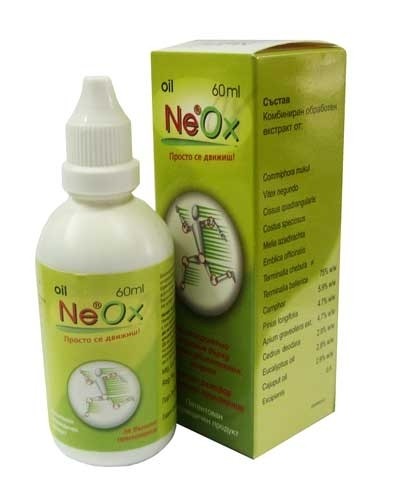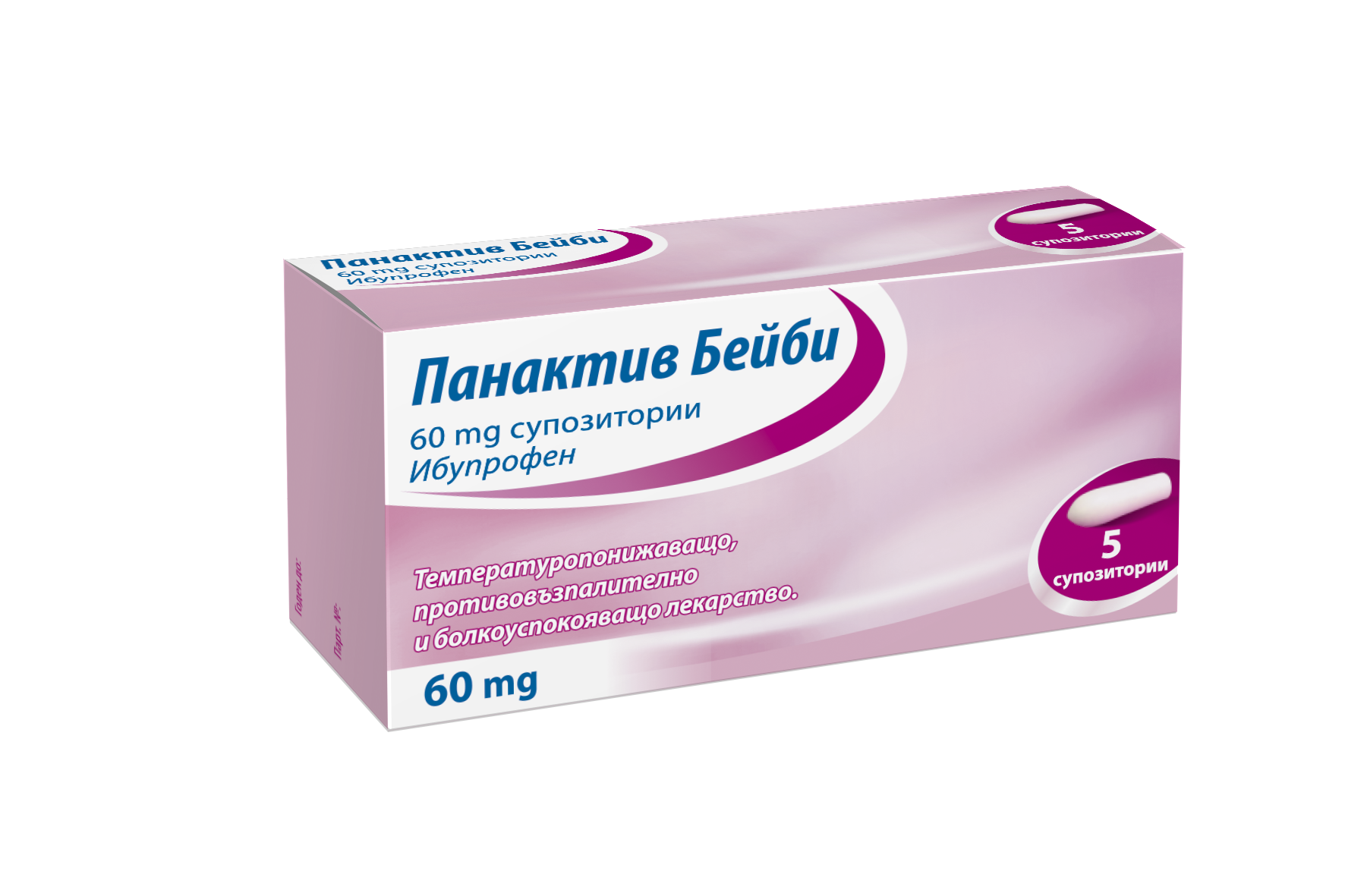DEXOFEN 25mg x 10 tabl
DEXOFEN tablets 25 mg * 10 BERLIN CHEMIE
Leaflet: patient information
Dexofen® 25 mg film-coated tablets
Dexofen® 25 mg film-coated tablets
Dexketoprofen
Read all of this leaflet carefully before you start taking this medicine because it contains important information for you.
Always take this medicine exactly as described in this leaflet or as your doctor or pharmacist has told you.
Keep this leaflet. You may need to read it again.
If you need further information or advice, ask your pharmacist. If you get any side effects, tell your doctor or pharmacist. This also includes any possible side effects not described in this leaflet. See point 4.
If after 3-4 days you do not feel better or your condition worsens, you should seek medical help.
What this leaflet contains
What is Dexofen® 25 mg and what is it used for
What you should know before taking Dexofen® 25 mg
How to take Dexofen® 25 mg
Possible side effects
How to store Dexofen® 25 mg
Package contents and additional information
1. What is Dexofen® 25 mg and what is it used for
Dexofen® 25 mg is an analgesic drug from the group of non-steroidal anti-inflammatory drugs (NSAIDs). Dexofen® 25 mg is used to treat mild to moderate pain such as muscle pain, painful menstruation (dysmenorrhea) and toothache.
If after 3-4 days you do not feel better or your condition worsens, you should seek medical help.
2. What you should know before taking Dexofen® 25 mg
Do not take Dexofen® 25 mg:
if you are allergic to dexketoprofen or to any of the other ingredients of this medicine (listed in point b);
if you are allergic to acetylsalicylic acid or other nonsteroidal anti-inflammatory drugs;
if you have asthma or if you have had asthma attacks, acute allergic rhinitis (short-term inflammation of the nose), nasal polyps (growths in the nose due to allergy), urticaria (skin rash), angioedema (swelling of the face, eyes, lips or tongue, or respiratory failure), or wheezing after taking acetylsalicylic acid or other non-steroidal anti-inflammatory drugs; if you have suffered from photoallergic or phototoxic reactions (a particular form of skin reddening and/or blistering when exposed to sunlight) when taking ketoprofen (a non-steroidal anti-inflammatory drug) or fibrates (medicines used to lower blood lipid levels )
if you have peptic ulcer/stomach or intestinal bleeding or have previously had intestinal bleeding, ulcer or perforation;
if you have chronic digestive disorders (eg indigestion, heartburn);
if you have had stomach or intestinal bleeding or perforation as a result of previous use of non-steroidal anti-inflammatory drugs (NSAIDs) for pain;
if you have a bowel disease with chronic inflammation (Crohn's disease or ulcerative colitis);
if you suffer from serious heart failure, moderate to severe kidney problems or serious liver problems;
if you have bleeding or clotting disorders;
if you are severely dehydrated (ie if you have lost a lot of body fluids) due to vomiting, diarrhea or insufficient fluid intake;
if you are pregnant in the third trimester or are breastfeeding.
Warnings and precautions
Talk to your doctor or pharmacist before taking Dexofen® 25 mg:
if you have an allergy or have had allergic reactions in the past;
if you have kidney, liver or heart disorders (hypertension and/or heart failure), as well as fluid retention, or if you have suffered from any of the listed disorders in the past;
if you are taking diuretics or are dehydrated and have reduced blood volume due to excessive fluid loss (eg frequent urination, diarrhea or vomiting);
if you have heart problems, have had a stroke or think you may be at risk of developing these conditions (eg if you have high blood pressure, diabetes, high cholesterol or are a smoker) you should discuss your treatment with your doctor or pharmacist . Medicines such as Dexofen® 25 mg may be associated with a slightly increased risk of heart attack ("myocardial infarction") or stroke. Any risk is more likely with high doses or long-term treatment. Do not exceed the recommended dose and duration of treatment;
if you are elderly; as you may be more prone to side effects (see section 4). If any adverse reaction occurs, consult your doctor immediately;
if you are a woman who has problems conceiving (Dexofen® 25 mg can impair your reproductive capacity. Therefore, it should not be taken if you are trying to conceive or undergoing infertility tests);
if you suffer from a disorder in blood formation or blood cell formation;
if you suffer from systemic lupus erythematosus or mixed connective tissue disease (immune system disorders that affect connective tissue);
if you have had chronic intestinal inflammation (ulcerative colitis or Crohn's disease) in the past;
if you have or have suffered in the past from other stomach or intestinal disorders;
if you have chicken pox, as NSAIDs can exceptionally make the infection worse;
if you are taking other medicines that increase the risk of ulcers or bleeding, e.g. oral corticosteroids, some antidepressants (those from SSRlTHn, so-called serotonin reuptake inhibitors), anticoagulant drugs, e.g. aspirin or anticoagulants such as warfarin. In these cases, consult your doctor before taking Dexofen® 25 mg. He/she may advise you to take additional medicine to protect the stomach (eg misoprostol or medicines that suppress the secretion of stomach acid);
if you suffer from asthma combined with chronic rhinitis, chronic sinusitis and/or nasal sex and posture, as you have an increased risk of allergy to acetylsalicylic acid and/or NSAIDs compared to the rest of the population. Administration of this drug may cause asthma attacks or bronchospasm, especially in patients allergic to acetylsalicylic acid or NSAIDs.
Children and adolescents
Dexofen® 25 mg has not been studied in children and adolescents. Therefore, safety and efficacy have not been established and it should not be used in children and adolescents.
Other drugs and Dexofen® 25 mg
Tell your doctor or pharmacist if you are taking or have recently taken any other medicines, including those obtained without a prescription. Some medicines should not be taken with others or a change in dose is required if they are used at the same time.
Always inform your doctor, dentist or pharmacist if you take or apply any of the following medicines at the same time as Dexofen® 25 mg:
Combinations not recommended:
acetylsalicylic acid, corticosteroids or other anti-inflammatory drugs;
warfarin, heparin, or other anticoagulants;
lithium, used to treat certain mood disorders;
methotrexate (medicine to treat cancer or to suppress the immune system),
used at high doses of 15 mg weekly;
hydantoin and phenytoin, used in epilepsy;
sulfamethoxazole, used for bacterial infections.
Combinations that require special precautions:
ACE inhibitors, diuretics and angiotensin-H antagonists used for high blood pressure and heart problems;
pentoxifylline and oxpentifylline, used to treat chronic venous ulcers; zidovudine, used to treat viral infections;
aminoglycoside antibiotics used to treat bacterial infections; sulphonylurea medicines (eg chlorpropamide and glibenclamide) used in diabetes;
low-dose methotrexate, less than 15 mg per week.
Combinations to be used with caution:
quinolone antibiotics (eg ciprofloxacin, levofloxacin) used for bacterial infections;
cyclosporine or tacrolimus, used in the treatment of immune system disorders and in organ transplants;
streptokinase and other thrombolytic or fibrinolytic drugs, i.e. medicines to break up blood clots; probenecid used in gout;
digoxin used to treat chronic heart failure; mifepristone, used to induce abortion (termination of pregnancy); antidepressants from the group of selective serotonin reuptake inhibitors (SSRIs);
antiplatelet drugs used to suppress platelet aggregation and the formation of blood clots;
beta-blockers used for high blood pressure and heart problems; tenofovir, deferasirox and pemetrexed.
If you have any doubts about taking other medicines with Dexofen® 25 mg, consult your doctor or pharmacist.
Dexofen® 25 mg with food and drink
Take the tablets with a sufficient amount of water. Take the tablets with food, as this may reduce the risk of side effects of stomach or intestinal origin. However, if you have severe pain, take the tablets on an empty stomach, for example at least 30 minutes before a meal, as this will speed up the effect of the medicine a little.
Pregnancy, lactation and fertility
Do not take Dexofen® 25 mg during the third trimester of pregnancy or during breastfeeding.
If you are pregnant, think you may be pregnant or are planning to become pregnant, talk to your doctor or pharmacist before using this medicine, as Dexofen® 25 mg may not be suitable for you.
The use of Dexofen® 25 mg is not recommended while trying to get pregnant or during infertility studies.
Regarding potential effects on female fertility, see also section 2 "Warnings and precautions".
Driving and using machines
Dexofen® 25 mg may slightly affect your ability to drive and operate machinery, due to the possible induction of dizziness or drowsiness as side effects. If you notice the onset of such effects, do not drive or use machinery until the symptoms subside. Consult your doctor.
3. How to take Dexofen® 25 mg
Always take this medicine exactly as your doctor or pharmacist has told you. If you are not sure, ask your doctor or pharmacist.
The recommended dose is usually 1 tablet (25 mg) every 8 hours, but not more than 3 tablets daily (75 mg).
Consult your doctor if after 3-4 days you do not feel better or your condition worsens. Your doctor will tell you how many tablets to take per day and for how long. The dose of Dexofen® 25 mg depends on the type, strength and duration of the pain.
If you are elderly or if you suffer from impaired kidney or liver function, you should start treatment with a total daily dose of no more than 2 tablets (50 mg).
In elderly patients, the initial dose can be increased to the total recommended daily dose (75 mg) if Dexofen® 25 mg is well tolerated.
If the pain is intense and you need quick relief, take the tablets on an empty stomach (at least 30 minutes before a meal), as this will facilitate their absorption (see section 2 Taking Dexofen® 25 mg with food and drink).
Use in children and adolescents
This medicine should not be used in children and adolescents (under 18 years of age).
If you have taken more than the required dose of Dexofen® 25 mg
If you have taken a large amount of the medicine, tell your doctor or pharmacist immediately or go to the emergency department of the nearest hospital. Please remember to take the medicine package and this leaflet with you.
If you forgot to take Dexofen® 25 mg
Do not take a double dose to make up for a missed tablet. Take the next regular dose as directed (according to item 3 "How to take Dexofen® 25 mg").
If you have any other questions about the use of this medicinal product, please ask your doctor or pharmacist.
4. Possible side effects
Like all medicines, this medicine can cause side effects, although everyone gets them.
Possible side effects are listed below according to frequency.
Common side effects: may affect up to 1 in 10 people
Nausea and/or vomiting, pain, mainly in the upper abdomen, diarrhoea, digestive problems (dyspepsia).
Uncommon side effects: may affect up to 1 in 100 people
Dizziness (vertigo), dizziness, drowsiness, sleep disturbances, nervousness, headache, palpitations, flushing, inflammation of the stomach lining (gastritis), constipation, dry mouth, flatulence, skin rash, fatigue, pain, chills and chills, general weakness (fatigue).
Rare side effects: may affect up to 1 in 1,000 people
Peptic ulcer, perforation or bleeding of a peptic ulcer, which may present as vomiting blood and black stools, feeling sick, high blood pressure, slow breathing, fluid retention and peripheral edema (eg swollen ankles), swelling of the larynx, loss loss of appetite (anorexia), unusual feeling, itchy rash, acne, increased sweating, back pain, frequent urination, menstrual disorders, prostate problems, abnormal liver function tests (blood tests), damage to liver cells (hepatitis ), acute renal failure.
Very rare side effects: may affect up to 1 in 10,000 people
Anaphylactic reaction (a hypersensitivity reaction that can also lead to loss of consciousness), open sores on the skin, mouth, eyes and genital area (Stevens-Johnson syndrome and Lyle syndrome), swelling of the face or swelling of the lips and throat (angioedema), difficulty breathing due to narrowing of the airways (bronchospasm), shallow breathing, fast heart rate, low blood pressure, inflammation of the pancreas, blurred vision, ringing in the ears (tinnitus), sensitive skin, sensitivity to light, itching, kidney violations. Decreased number of white blood cells (neutropenia), decreased number of platelets in the blood (thrombocytopenia).
Tell your doctor immediately if you experience any stomach/intestinal side effects at the start of treatment (e.g. stomach pain, heartburn or bleeding), if you have previously suffered from any of the side effects due to long-term use of anti-inflammatory drugs, and especially if you in old age.
Stop using Dexofen® 25 mg as soon as possible after you notice the appearance of a skin rash, lesions on the mucous membrane of the mouth or genitals, or any sign of allergy.
Fluid retention and edema (especially of the ankles and feet), increased blood pressure and heart failure have been reported during treatment with NSAIDs.
Medicines such as Dexofen® 25 mg are associated with a slightly increased risk of heart attack ("myocardial infarction") or cerebrovascular accident (stroke).
In patients with disorders of the immune system that affect the connective tissue (systemic lupus erythematosus or mixed connective tissue disease), anti-inflammatory drugs can rarely increase the temperature, cause headache and stiff neck.
The most frequently observed side effects are gastrointestinal. Peptic ulcers, perforation or gastrointestinal bleeding may occur, sometimes fatal, especially in elderly patients. Nausea, vomiting, diarrhea, flatulence, constipation, dyspepsia, abdominal pain, melena, hematemesis, ulcerative stomatitis, exacerbation of colitis, and Crohn's disease have been reported during administration. Inflammation of the stomach lining (gastritis) is less common.
As with other NSAIDs, hematologic reactions (purpura, aplastic and hemolytic anemia, rarely agranulocytosis and medullary hypoplasia) may occur.
Reporting adverse reactions
If you get any side effects, tell your doctor or pharmacist. This includes all possible side effects not described in this leaflet. You can also report side effects directly to:
Medicines Executive Agency
8 Damyan Gruev St
1303 Sofia
phone: +359 28903417
website: www.bda.bg
By reporting side effects, you can contribute to getting more information about the safety of this medicine.
5. How to store Dexofen® 25 mg
Keep out of the reach of children.
Do not use this medicine after the expiry date which is stated on the carton and blister. The expiration date corresponds to the last day of the specified month.
PVC-aluminum blister - to be stored below 30 °C, Blisters to be stored in the cardboard box to be protected from light.
Aclar-aluminum blister - this medicinal product does not require special storage conditions.
Do not dispose of medicines down the drain or in the household waste container.
Ask your pharmacist how to dispose of medicines you no longer use. These measures will help protect the environment.
6. Contents of the package and additional information
What does Dexofen® 25 mg contain
The active substance is: dexketoprofen (as dexketoprofen trometamol). Each film-coated tablet contains 25 mg of dexketoprofen.
The other ingredients are: corn starch, microcrystalline cellulose, sodium starch glycolate, glycerol distearate, hypromellose, titanium dioxide (E 171), propylene glycol, macrogol 6000.
What Dexofen® 25 mg looks like and what the package contains
White, round, scored tablets.
One package of Dexofen® 25 mg contains 10, 30 or 50 film-coated tablets.
Not all pack sizes may be available for sale.
License holder
Menarini International Operations Luxembourg SA 1, Luxembourg
Manufacturer
Laboratorios Menarini SA, Spain
A. MENARrNI Manufacturing Logistics and Services, Italy
Leaflet last revised date January 2019









